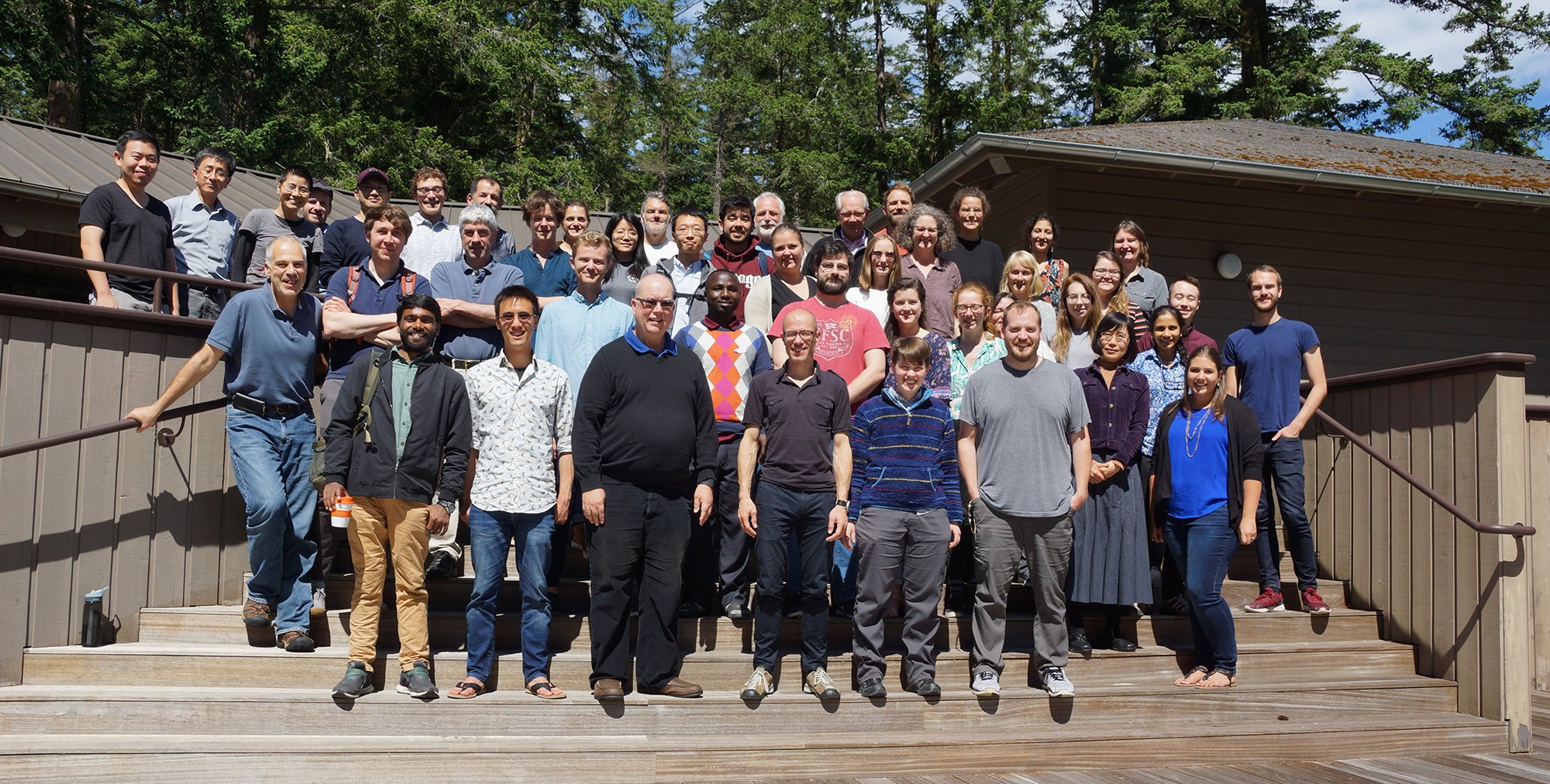Powering Discoveries
Faith Singer-Villalobos
Related Links
Nurturing Next-Generation Oceanographers
TACC supports summer school with custom portal and analysis tools

The ocean plays a critical role in regulating both natural and human-induced changes in our planet. Oceanographic research helps us understand these changes, including global climate change.
In May 2019, Patrick Heimbach, a professor in the Department of Geological Sciences at UT Austin, launched the first ever ECCO (Estimating the Circulation and Climate of the Ocean) Summer School program for early career scientists from 10 countries. For two weeks, the school nurtured the next generation of oceanographers and climate scientists to further advance the state-of-the-art in ocean science.
As part of a NASA-funded project with additional support by the Oden Institute for Computational Engineering and Sciences, young scientists analyzed estimates of ocean circulation over the past three decades.
“The early 1990s is when we first had dedicated ocean satellite altimetry and for the first time could measure global coverage of sea surface changes,” Heimbach said. “Now, we have all of these disparate systems that measure different variables at different times at different locations. But how do you integrate all of this data?”
Heimbach reached out to TACC and asked the center to build a customized science portal for the summer school.
“We wanted to host large data sets, which can easily be a couple of terabytes, and make this data available in the easiest manner,” he said. “But beyond that, we wanted to provide a way for people to not only download the data but to conduct the analysis.”
Lauren Moseley, a second-year PhD student at Columbia University, believes that in the face of ocean warming, it is crucial to understand the climate mechanisms that govern ocean oxygen uptake. This summer school presented a unique opportunity for her to learn about the numerical methods that enable ocean modeling.
“Thanks to resources generously provided by TACC, I was able to initialize and run model configurations developed by the ECCO group,” Moseley said. “Beyond numerical modeling, we were also treated to specialized lectures on topics including the physics of ocean mixing and sea ice dynamics. One of the biggest and most exciting takeaways for me was the wide range of ocean science that can be accomplished by the tools developed within the ECCO consortium.”

